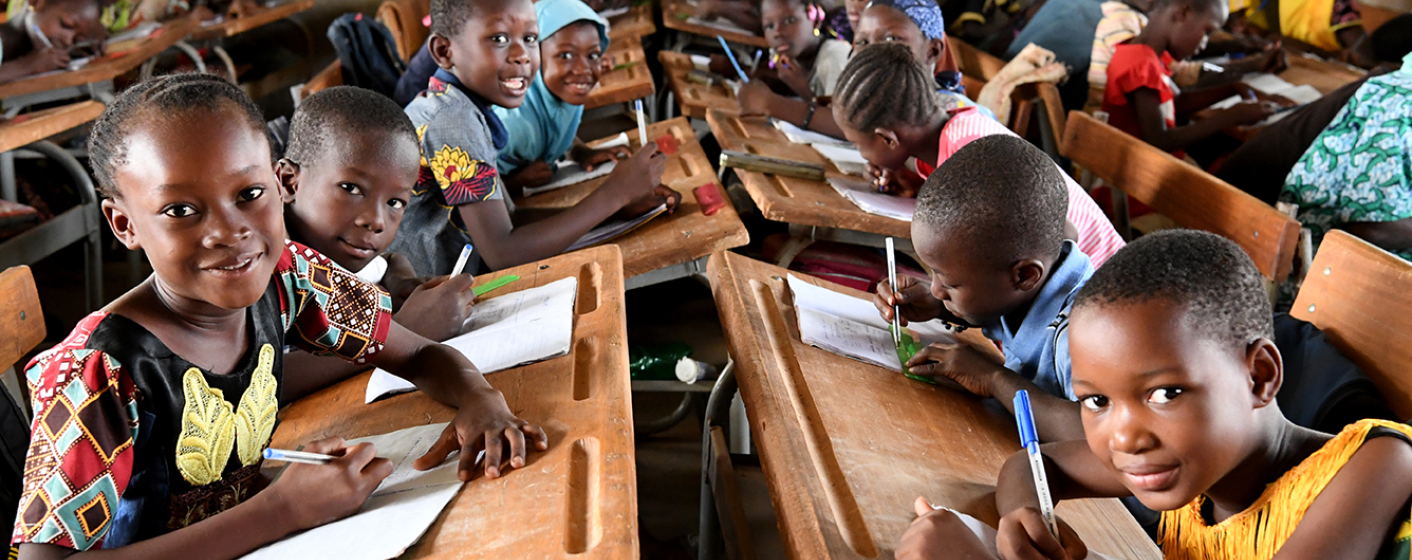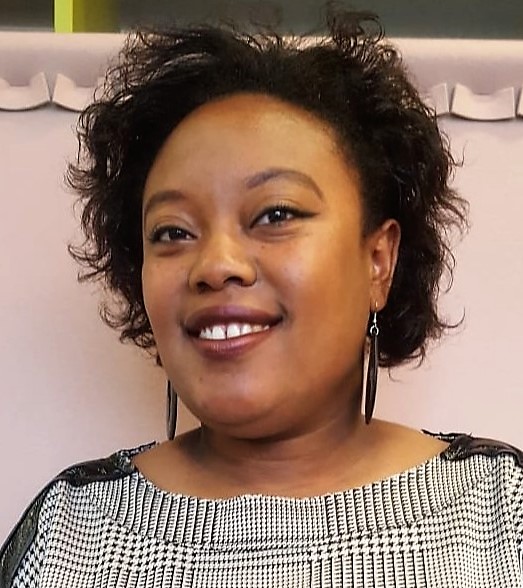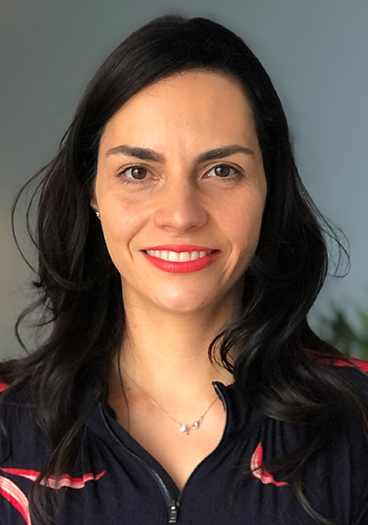IIEP at the Pan-African Conference on Girls’ and Women’s Education in Africa
Africa is home to half a billion children under 14, a number expected to reach 580 million by 2030. To secure their future, it is crucial to invest in and prioritize quality education for all today, especially for the most vulnerable and marginalized children, including girls.
Despite recent progress in expanding access to education for girls, a range of obstacles—including economic and political factors, poverty, and humanitarian emergencies—continue to hinder overall advancement. In fact, 30% of all out-of-school children globally are in Sub-Saharan Africa, with 32.6 million girls of primary and lower secondary school age out of school, and 9.3 million of them likely never to enter a classroom.
In this context, the African Union is hosting its inaugural Pan-African Conference on Girls’ and Women’s Education in Africa (PANCOGEd) from July 2-5, 2024, in Addis Ababa, Ethiopia. IIEP will be present, contributing in various ways. Let’s take a closer look at what’s ahead.
Why this conference matters
Organized by the African Union, this conference marks a key milestone in the African Union's Year of Education 2024 and builds on the momentum from the Transforming Education Summit in Africa. This landmark event aims to advance gender equality in and through education across the African continent.
The objectives of PANCOGEd are comprehensive and ambitious. The conference will assess the current state of girls' education in Africa, share progress and best practices, tackle challenges, explore innovative and sustainable funding opportunities, and propose actionable solutions for inclusive, lifelong, high-quality, and relevant learning experiences.
What is IIEP’s role?
IIEP has been playing a crucial role in supporting the organization of the conference and will actively participate during the PANCOGEd. IIEP’s Director Martín Benavides will share insights on the status of girls' education in Africa alongside representatives from the International Institute for Capacity Building in Africa (IICBA) and the African Union.



 FABRICIA DEVIGNES
FABRICIA DEVIGNES CAROLINA ALBAN CONTO
CAROLINA ALBAN CONTO